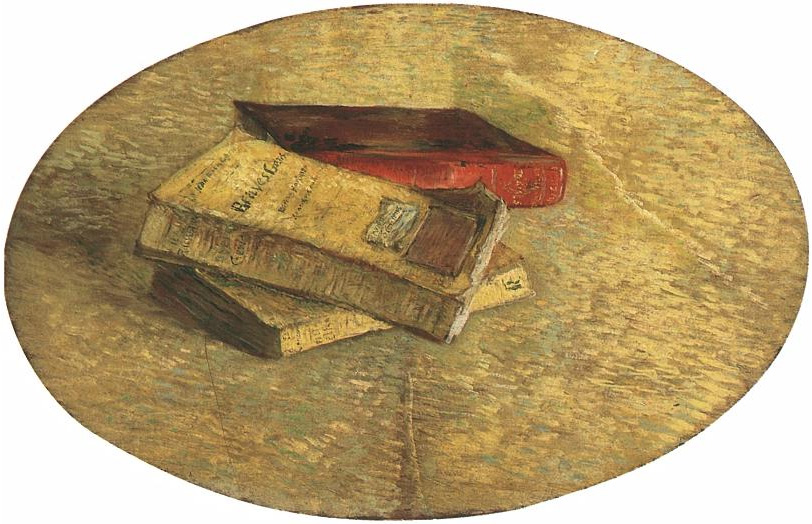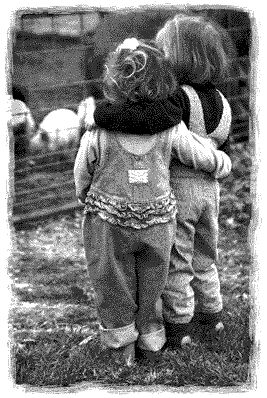
I have been doing an irregular series of posts recommending three essential books from one author. With C. S. Lewis, that’s impossible. To attempt to limit it to three would be a painful disservice.
Several friends of mine have told me they’d like to read more Lewis, and I’m betting others are in the same position– when there are so many options, where do you start? I’ll let you decide for yourself. Here is a list of some of Lewis’ major works with a brief synopsis. Get reading!
The Chronicles of Narnia
A fantasy series for children about another world, some of which is allegorical. Start your kids on this early and often, and there’s a lot here for adults too. They’re books that seem to grow with you.
Mere Christianity
The apologetics classic that’s an adaption of a series of radio addresses Lewis gave in England. It’s an approachable intellectual argument for faith and truth.
The Screwtape Letters
A fictional correspondence between two demons (an uncle to his inexperienced nephew). While the theology of a personal tempter is a little shaky, there are more convicting passages here than you’ll find in ten books by lesser authors. It’s an exploration of ways we fall away from God through all those little distractions and foibles we’d like to believe aren’t really sins.
The Great Divorce
A fictionalized look at heaven and hell with a lot of application for our lives on earth. It’s Lewis’ allusion to Dante’s Divine Comedy, among other works. (Wikipedia claims there’s a film version coming out this year, but I couldn’t authenticate that anywhere.)
The Pilgrim’s Regress
One of the few of his books I haven’t read (yet!), this is his first novel after becoming a Christian, written in the style of the classic A Pilgrim’s Progress.
Space Trilogy
Fictional series (I’ve written about the first book before) dealing with the dehumanizing of science fiction and literature in general at the time. (The Abolition of Man, written from a series of lectures, deals with this topic too.)
Till We Have Faces
A retelling of the myth of Cupid and Psyche, it’s an exploration of a character who comes to faith when those around her do not.
The Four Loves
His work on the types of love: friendship, eros, affection, and charity.
The Problem of Pain
An apologetic classic dealing with common arguments he encountered against Christianity.
Miracles
Another apologetic work arguing for the truth.
The Weight of Glory
An absolutely wonderful piece (one of my all-time favorites), generally published with other excellent addresses; a beautiful reminder of what Christ has done for us.



















